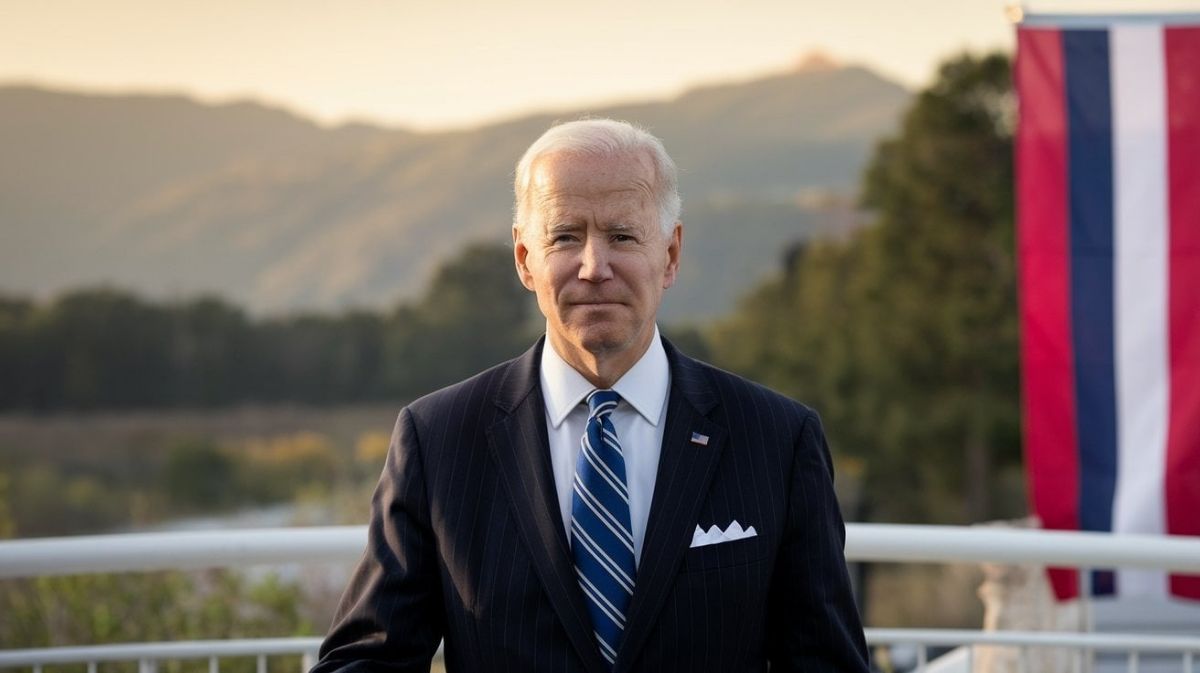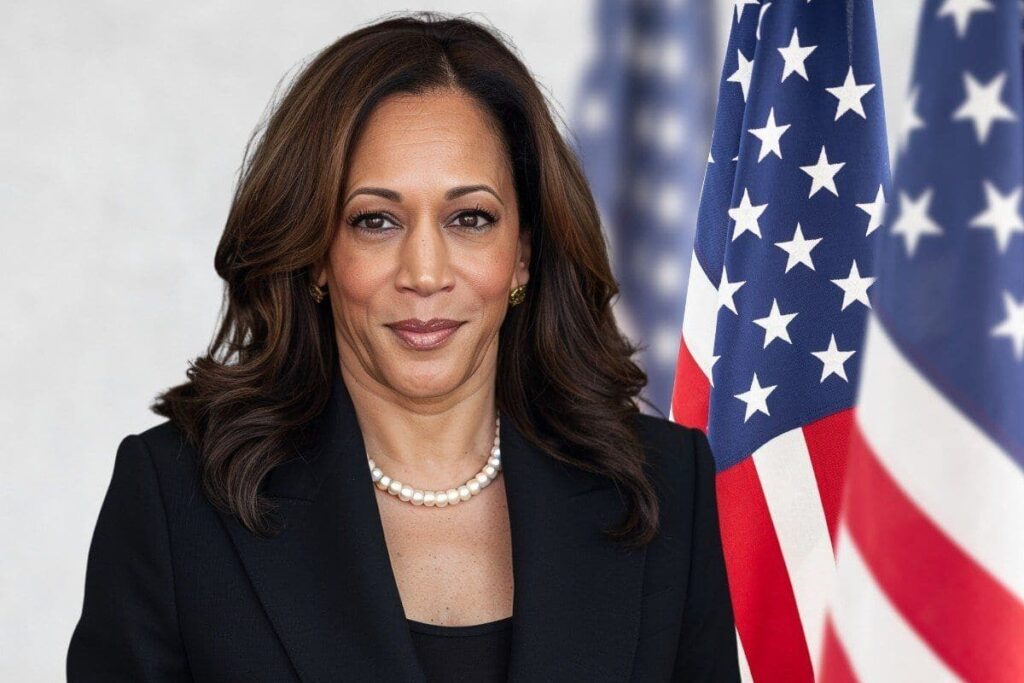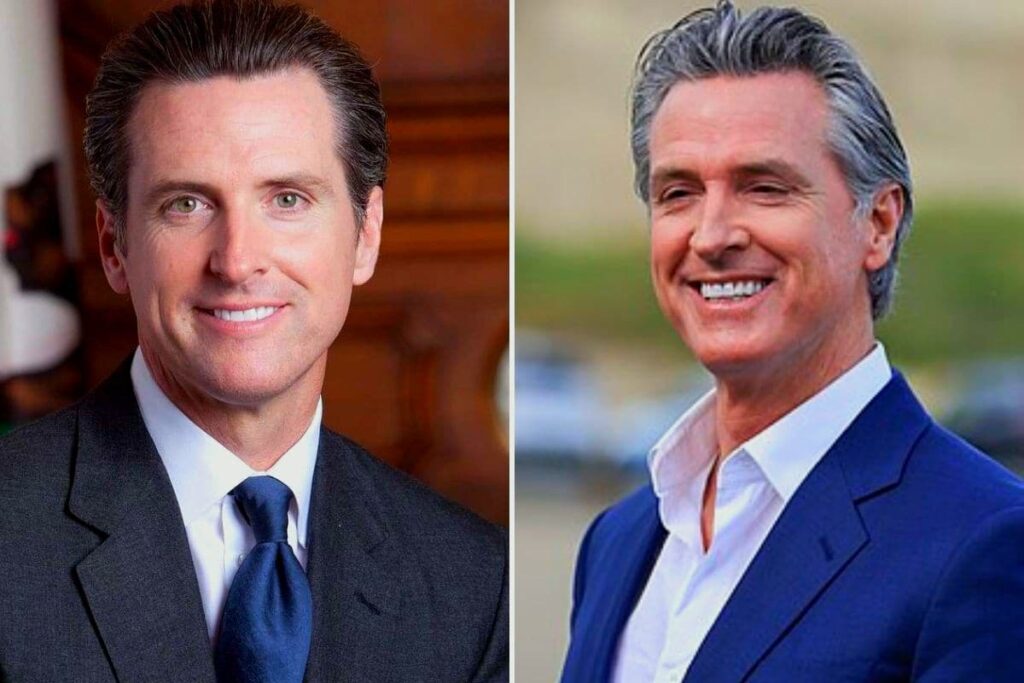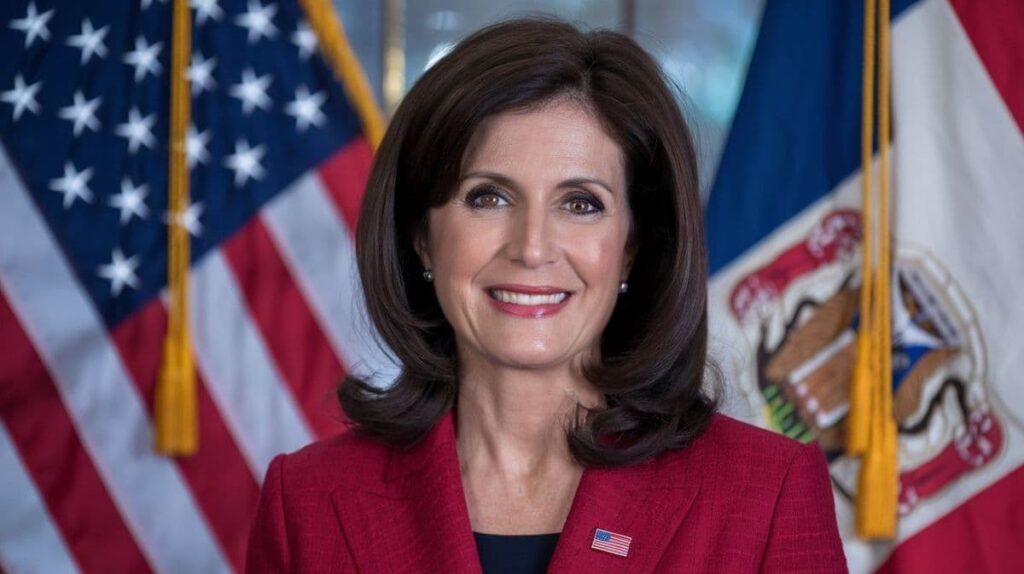Latest Headlines (September 2024)
As of September 2024, President Joe Biden is actively leading on civil rights and infrastructure renewal issues. He recently celebrated the 34th anniversary of the Americans with Disabilities Act (ADA), emphasizing the need for continued inclusion in the workplace. Under his leadership, the number of disabled apprenticeship workers has tripled since 2020, a milestone for equity and progress.
However, Biden’s presidency remains under scrutiny, particularly for his handling of the Afghanistan withdrawal in 2021. A House Republican report accuses his administration of mishandling the evacuation efforts, arguing that they endangered lives. Biden’s team has defended the decision, underscoring the need to end a 20-year conflict.
Snapshot of Joe Biden’s Life and Career
| Full Name | Joseph Robinette Biden Jr. |
|---|---|
| Born | November 20, 1942 in Scranton, Pennsylvania |
| Political Affiliation | Democratic Party |
| Current Position | 46th President of the United States (2021 – Present) |
| Former Positions | 47th Vice President of the United States (2009-2017), U.S. Senator (1973-2009) |
| Major Accomplishments | COVID-19 Relief (American Rescue Plan), Infrastructure Law, Leadership on Climate Change |
| Key Challenges | Afghanistan Withdrawal, Inflation, Healthcare Reform |
| 2024 Election Outlook | Expected to run for re-election amid political challenges |
Rise from Scranton to the Senate
Joe Biden’s journey began in 1942 in the industrial city of Scranton, Pennsylvania. Growing up in a working-class family, he learned the value of resilience early on. After battling a childhood stutter, he earned a degree in political science and history from the University of Delaware before heading to Syracuse University, where he completed his law degree in 1968.
In 1972, tragedy struck when Biden’s wife and daughter were killed in a car accident. Despite the grief, Biden was sworn in as one of the youngest U.S. Senators in history, representing Delaware at just 30. Throughout his 36-year Senate career, Biden established himself as a key figure in foreign relations, judiciary reform, and civil rights.
Key Senate Accomplishments
- Crime Bill of 1994: Aiming to reduce crime, though it later faced criticism for contributing to mass incarceration.
- Violence Against Women Act (1994): Pioneered legislation that created stronger protections for women suffering from domestic violence.
| Years in Senate | 1973-2009 |
|---|---|
| Key Roles | Chair, Senate Judiciary Committee (1987-1995), Chair, Senate Foreign Relations Committee (2001-2003, 2007-2009) |
| Notable Bills | Violence Against Women Act, 1994 Crime Bill |
The Obama-Biden Partnership (2009-2017)
When Barack Obama selected Joe Biden as his running mate in 2008, Biden’s foreign policy experience and connections in Congress were key to the administration’s agenda. Biden served as the point man for numerous domestic and international initiatives, overseeing recovery efforts following the 2008 financial crisis and contributing to landmark law such as the Affordable Care Act (ACA).
Key Achievements as Vice President
- Economic Recovery: Biden led the $787 billion American Recovery and Reinvestment Act to mitigate the fallout from the financial crisis.
- Foreign Policy Leadership: Played a significant role in the Iraq withdrawal and managing relationships in Ukraine and Eastern Europe.
- Gun Violence Prevention: Advocated for stricter gun control laws following the Sandy Hook Elementary School shooting.
Biden’s reputation as a mediator and policy expert was solidified, especially in working across the aisle to push through critical legislation during the Obama years.
Presidency: Leading Through Crisis and Change (2021 – Present)
Biden’s presidency, which began in January 2021, arrived at a crucial time. The COVID-19 pandemic, economic instability, and political division defined the backdrop of his first year. He quickly passed the $1.9 trillion American Rescue Plan, providing financial relief for Americans, extending unemployment benefits, and ramping up vaccine distribution efforts.
Domestic Policy: Infrastructure and Climate
In 2021, Biden signed the Infrastructure Investment and Jobs Act, a $1.2 trillion plan that targeted rebuilding bridges, roads, railways, and broadband infrastructure. It was heralded as a bipartisan success and a critical investment in the future of America’s infrastructure.
Biden’s focus on climate change culminated in the largest-ever investment in clean energy through the Inflation Reduction Act, which tackled the global climate crisis while aiming to reduce the national deficit.
Foreign Policy and Afghanistan Controversy
One of Biden’s most defining foreign policy decisions was the U.S. withdrawal from Afghanistan in 2021. Ending America’s longest-running war, the move drew both praise and sharp criticism, especially for the chaotic evacuation scenes at Kabul airport. While Biden defended the withdrawal as necessary after two decades of military involvement, critics argue the lack of planning put American allies and citizens at risk.
Despite the backlash, Biden has focused on strengthening alliances with NATO and has taken a tough stance on U.S.-China relations, particularly on trade and human rights issues.
| Presidential Term | 2021 – Present |
|---|---|
| Key Policies | COVID-19 Relief, Infrastructure Investment, Climate Action |
| Foreign Policy Challenges | Afghanistan withdrawal, U.S.-China relations |
| Domestic Focus | Economic recovery, tackling inflation, healthcare reform |
Challenges on the Horizon: The 2024 Election
As 2024 approaches, Biden faces significant political and economic challenges. Inflation, a key concern for voters, remains a hot topic as his administration works to stabilize the economy. Healthcare reforms are also under heavy scrutiny as the Biden administration pushes to expand Medicare and make prescription drugs more affordable. These challenges will heavily influence the upcoming presidential election, where Biden is expected to seek re-election despite criticism.
However, Biden’s climate action, infrastructure, and civil rights leadership continue to energize his base. His administration is pushing forward with a “Build Back Better” vision focused on sustainable economic growth, racial equity, and expanded healthcare access.
Joe Biden’s political career spans more than five decades, with highs and lows that have tested his resilience and political acumen. From his early days as a young senator, through his partnership with Obama, to his current presidency, Biden has been a steady figure in U.S. politics.
As of 2024, Biden remains committed to his core ideals of unity, democracy, and equality. He faces both praise and criticism as he leads America through a pivotal moment in its history. How he navigates the remaining challenges of his presidency, particularly heading into the 2024 election, will undoubtedly shape his legacy as one of the most consequential modern presidents.
Frequently Asked Questions (FAQs)
Joe Biden is the 46th President of the United States, serving since 2021, and previously the 47th Vice President under Barack Obama.
Biden’s key achievements include the COVID-19 relief package, the bipartisan Infrastructure Investment and Jobs Act, and significant climate change policies.
Biden defended the U.S. military withdrawal from Afghanistan, stating it was necessary to end a 20-year conflict, though it was widely criticized for its execution.
Yes, Joe Biden is expected to run for re-election in 2024, facing political challenges, including inflation and foreign policy criticism.
Biden’s administration made significant investments in clean energy and climate initiatives, especially through the Inflation Reduction Act.
Reference Information
- Article Title: Joe Biden: Leadership, Legacy & 2024 Election Outlook
- Author: mixinsights.com Editors
- Website Name: Mix Insights
- URL: https://mixinsights.com/politicians/Joe-Biden/
- Last Updated: September 11, 2024
- Original Published Date: September 11, 2024
This information is based on our own research.









